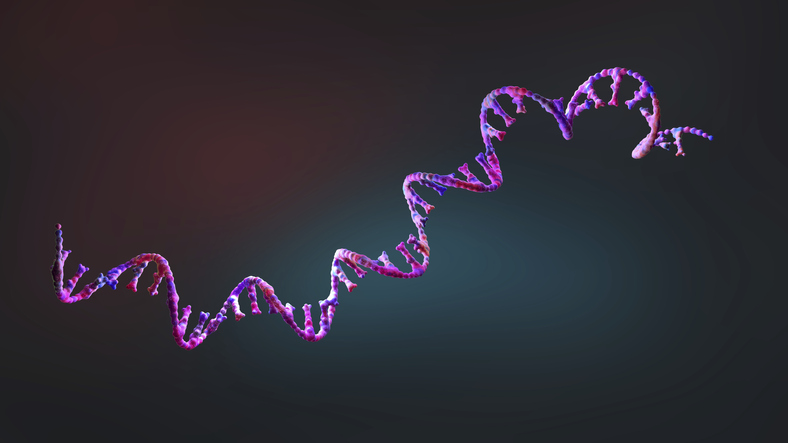Over the past few years, the excitement over genome editing has moved well beyond the original CRISPR-Cas system described a decade ago, into areas such as the discovery of new Cas systems, CRISPR systems carried in megaphages, and the eukaryotic system known as Fanzor. But one of the fastest growing areas in the field is RNA editing, with multiple companies launching over the past few years (such as Ascidian Therapeutics, Korro Bio, Shape Therapeutics, Wave Life Sciences, EdiGen—to name a few.)
Now, a new player has entered the RNA editing field. The San Francisco—based company, Amber Bio, is pioneering multi-kilobase gene editing platforms to reach previously undruggable diseases. The company, which is developing its own genetic medicine programs in-house, plans to advance an RNA editing platform which enables multi-kilobase edits—allowing a single drug to treat diseases with high allelic diversity. The potential is particularly strong for patients who suffer from diseases that arise from diverse mutations.

“We’re creating an entirely new ability to durably rewrite RNA, and thereby restore human health in many disease settings. Our technical approach leverages novel, iteratively engineered Cas-based systems for durable RNA editing, creating significant advantages over editing DNA, which can lead to permanent, off-target mutations,” said Jacob Borrajo, PhD, founder and CEO of Amber Bio.
The company launched with an oversubscribed $26 million seed financing round co-led by Playground Global and Andreessen Horowitz Bio + Health. Eli Lilly, RDF (Retinal Degeneration Fund), Hummingbird Ventures, and Pillar VC also participated in the round.
“The development of programmable systems such as CRISPR-Cas for gene correction has driven a major biotechnological revolution in the past decade,” notes Basem Al-Shayeb, PhD, co-founder and CTO, who comes to Amber Bio from Jennifer Doudna’s lab at the University of California, Berkeley. “But there are over five thousand genetic disorders, many of which are caused by hundreds to thousands of mutations—or different kinds of ‘typos’—in genes, leading to disease. Current gene editing technologies rely on creating solutions on a per-mutation basis, but treating one mutation at a time is not scalable across a patient population which can be highly diverse in the U.S. and globally.”


